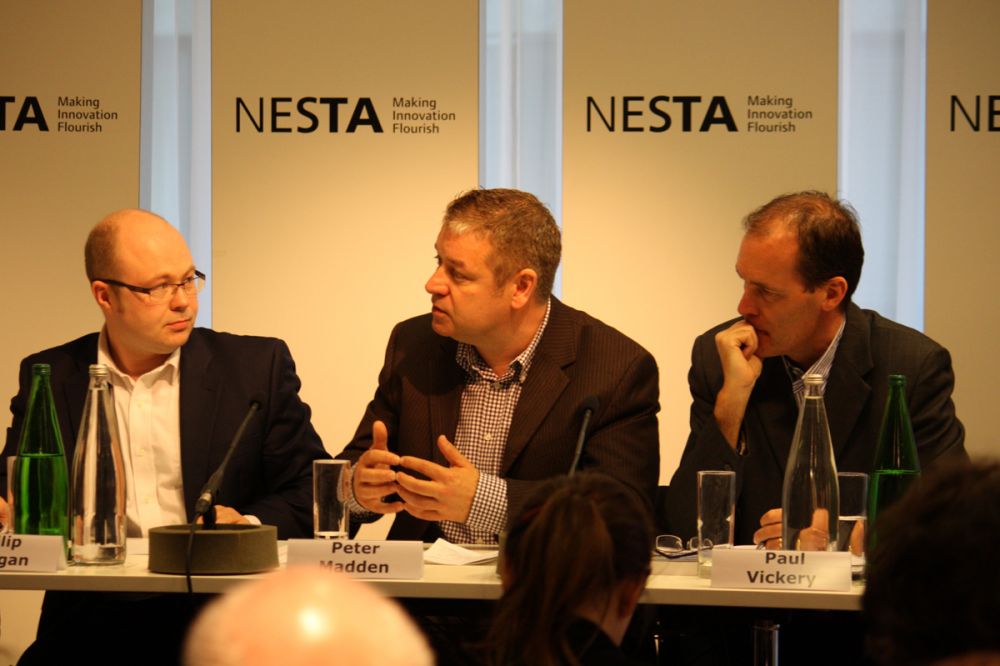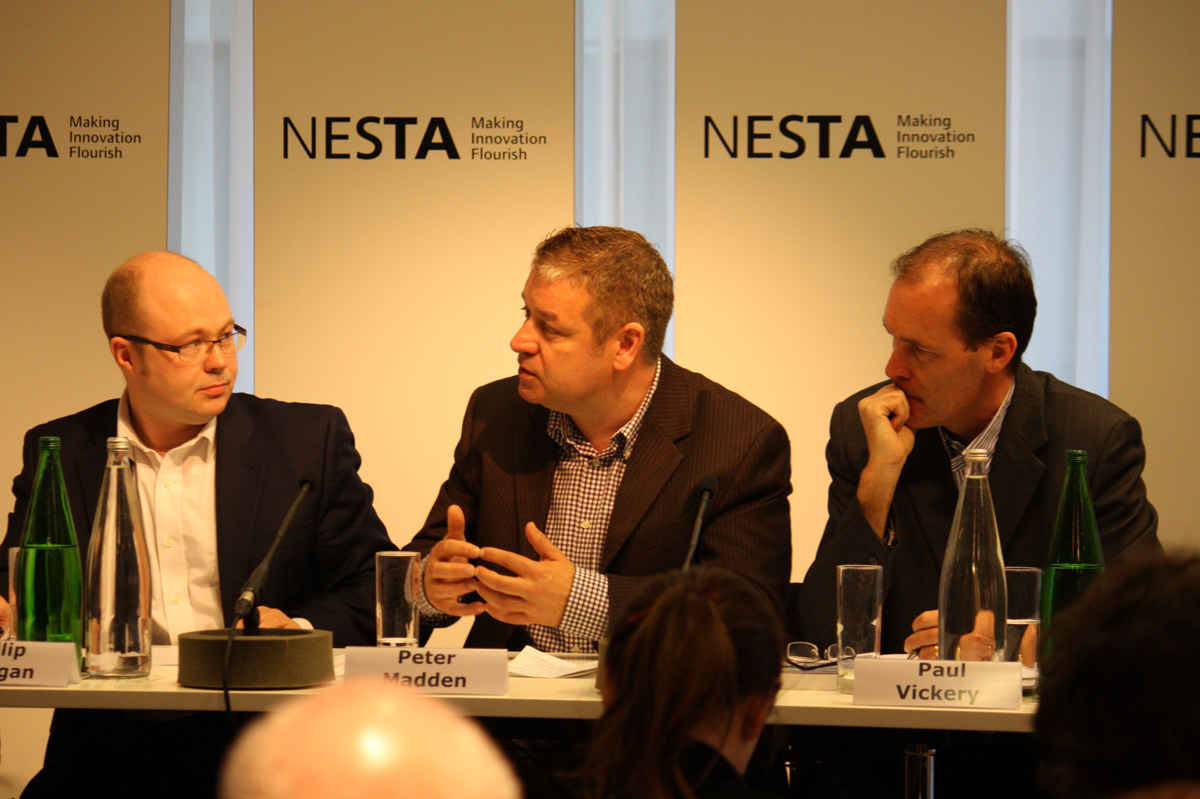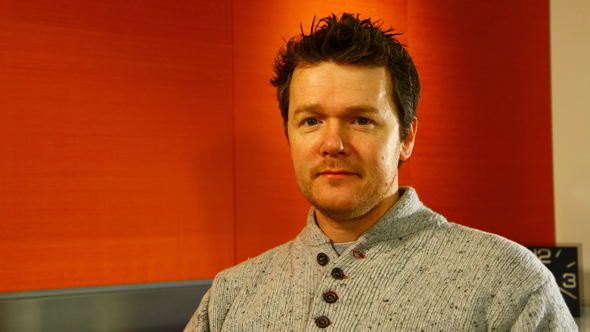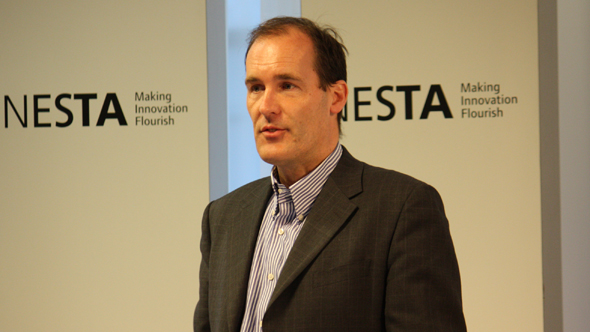Innovation and education will drive sustainability
Innovation, education and optimism will be needed to drive the sustainable development movement, say a panel of experts. Talking at Nesta, the panel consisting of Arthur Potts-Dawson, co-founder of The People’s Supermarket, and Peter Madden, Chief Executive at Forum for the Future, discussed sustainability for Climate Week.

 Innovation, education and optimism can drive sustainable development, says a panel of experts.
Innovation, education and optimism can drive sustainable development, says a panel of experts.
Consisting of scientists, campaigners and entrepreneurs, the panel speaking at National Endowment for Science, Technology and the Arts (Nesta) - an independent body with a mission to make the UK more innovative - said that educating people about the positive future in sustainability would be the driving factor in innovation in the area.
Peter Madden Chief Executive at Forum for the Future said: “The fundamental thing at the heart of this is our story.”
He believes there is a negative "apocalypse, doom and gloom" narrative at the current time, and the story needs to be turned into a positive one, which will be more attractive to both people and business. He said: “What we try and do in our futures work at the forum is to start to tell different stories about our sustainable future, which are positive and aspirational and believable, and normal people might actually want to live in them.”
He was joined by Arthur Potts-Dawson, sustainable restaurant owner and co-founder of the People’s Supermarket – a social enterprise putting the customers at the heart, Paul Vickery, founder of two solar cell companies - Quantasol Limited and Oxford Photovoltaics, and David MacKay, chief scientist for the Department for Energy and Climate Change, for the talk labeled ‘Innovation in Sustainability’, planned to coincide with Climate Week.
 Arthur Potts-Dawson believes education is hugely important, and that children should leave school with a greater understanding of energy and how they can lead a more sustainable life.
Arthur Potts-Dawson believes education is hugely important, and that children should leave school with a greater understanding of energy and how they can lead a more sustainable life.
“That’s one of the biggest issues that I faced, that not enough people were taking up what I think was a good idea, or what I’m trying to do as a business, either because they don't get it, they don't want to know or they're too busy...Socially it has to be acceptable. Part of that culture needs to come from education, so inside schools the kids needed drive their parents to act, or when they themselves become parents it becomes automatic. It’s got to come from a very young stage.
“We’re not going to change this generation but certainly we could change the future generation.”
The panel, put together for their own innovative work towards sustainability, hope that 100 per cent of the population can be convinced about sustainability, not just the 10 to 20 per cent already considered green.
The key to this is getting people to understand their energy consumption, to know what options are available to them, and to learn about the whole lifetime of the products they use, from the manufacture to disposal and recycling, according to the panel.
 Paul Vickery said: “There is probably hundreds of billions of dollars spent in marketing and advertising, to create insatiable desire for people to have more and more goods and services, that’s what were up against, that's not sustainable.”
Paul Vickery said: “There is probably hundreds of billions of dollars spent in marketing and advertising, to create insatiable desire for people to have more and more goods and services, that’s what were up against, that's not sustainable.”
He says this is something that must change, that people can no longer go on consuming the way the do. However, he is optimistic.
“The thing I am most hopeful about is when I talk to my teenage sons about solar power, renewable energy, and what you do with products at the end of their lifetime, they just get it in a way that our generation don’t. I would go for education as the way to prepare the future.”
Images: Nesta
